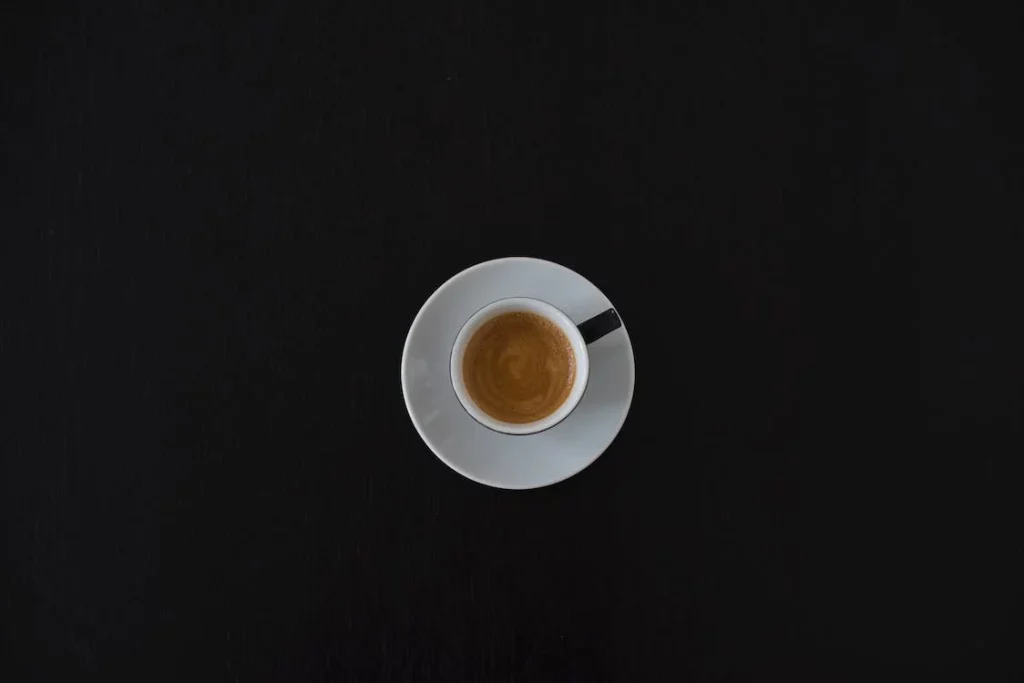How to Fix Bitter Coffee: A Comprehensive Guide
Title: How to Fix Bitter Coffee: A Comprehensive Guide


Introduction
There’s nothing more disappointing than taking a sip of your morning coffee only to be greeted by a bitter taste. Bitterness can occur due to various factors, such as coffee bean quality, brewing methods, or even water temperature. In this comprehensive guide, we will explore effective techniques and step-by-step tutorials on how to fix bitter coffee and achieve a smooth and flavorful cup every time.
Understanding the Causes of Bitter Coffee
Before we delve into the solutions, it’s important to understand the common causes of bitter coffee. This knowledge will help us address the root issues and make necessary adjustments.
1. Coffee Bean Quality
The quality of the coffee beans used can significantly impact the taste of your brew. Lower-quality beans or those that are over-roasted tend to produce a more bitter flavor.
2. Improper Brewing Methods
The brewing method and techniques used can influence the extraction process, resulting in a bitter taste. Over-extraction, where water comes into contact with coffee grounds for too long, can extract unwanted compounds and cause bitterness.
3. Water Temperature
Brewing coffee with water that is too hot can lead to bitterness. Water that is too cold, on the other hand, may not extract the coffee’s flavors properly.
Step-by-Step Solutions to Fix Bitter Coffee
1. Adjust Coffee-to-Water Ratio
– Measure your coffee and water accurately. Use a ratio of 1:16 (1 gram of coffee to 16 grams of water) as a starting point.
– If your coffee tastes too bitter, reduce the amount of coffee grounds slightly. Experiment with different ratios until you achieve the desired flavor.
2. Grind Coffee Properly
– Use a burr grinder to grind your coffee beans. This ensures a consistent grind size, which promotes even extraction.
– For most brewing methods, a medium grind size is recommended. Finer grinds can lead to over-extraction and bitterness.
3. Adjust Brewing Time
– Experiment with the brewing time to prevent over-extraction. Shorten the brewing time by adjusting the steeping or brewing duration to achieve a milder flavor profile.
– For methods like pour-over or French press, adjust the contact time between water and coffee grounds by pouring water in intervals or using a shorter steeping time.
4. Control Water Temperature
– Brew coffee with water between 195°F and 205°F (90°C to 96°C) for optimal extraction.
– Use a thermometer or an electric kettle with temperature control to ensure the water is within the desired range.
5. Use Fresh and High-Quality Coffee Beans
– Purchase freshly roasted whole coffee beans from reputable sources.
– Opt for beans that are medium-roasted for a balanced flavor profile.
6. Clean Your Brewing Equipment
– Regularly clean your coffee brewing equipment, including the grinder, brewer, and filters.
– Residual coffee oils and buildup can contribute to bitterness.
7. Experiment with Different Brewing Methods
– Try alternative brewing methods such as AeroPress, pour-over, or cold brew.
– Different methods may bring out unique flavors and reduce bitterness.
Conclusion
Fixing bitter coffee is achievable by understanding the causes and making necessary adjustments to your brewing process. By following the step-by-step solutions outlined in this comprehensive guide, you can transform your bitter coffee into a delightful and flavorful cup. Remember to adjust the coffee-to-water ratio, grind size, brewing time, and water temperature to achieve the desired taste. Additionally, prioritize using high-quality coffee beans and maintaining clean brewing equipment. With these techniques, you can enjoy a consistently delicious and non-bitter coffee experience.





